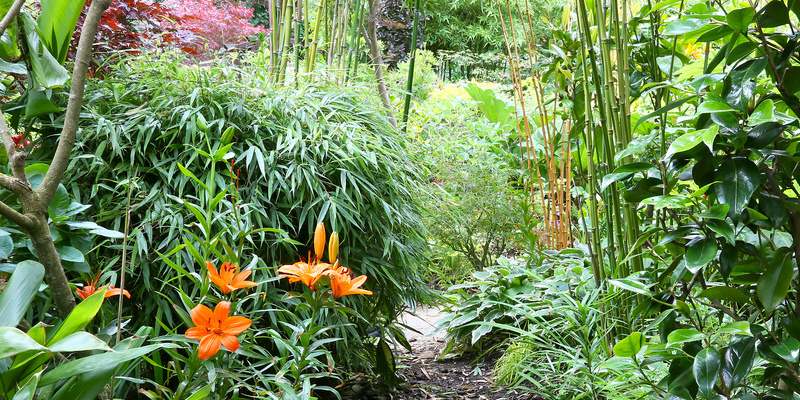A rose by any other name might nevertheless smell as sweet, however in regards to lemon-scented herbs, there are a few differences. Lemon verbena (Aloysia ciriodora or A. Triphylla) and lemon balm (melissa officinalis) frequently confuse new gardeners. Even though the herbs are similar in taste and fragrance, they vary in look and hardiness. Which you choose to develop depends on environment and individual choice.
Foliage
The mild to medium-green leaves of lemon verbena are slender and long with margins that are pointed. Foliage is produced by this plant along a 2- to 3 inch stem. Lemon balm creates light-green rounded leaves with edges which are slightly crinkled to look at. The plant branches creates and freely dense foliage along the stems.
Size
Lemon verbena grows up right and reaches a peak of of around 3-feet. Some types of lemon verbena attain heights of 5 to 10-feet in Mediterranean climates and develop in to little shrubs. Lemon balm produces a mound of foliage and grows 2 to 3-feet tall.
Fragrance
Balm emits a burst of zesty scent together with the slightest contact, although lemon verbena creates a more intense taste and scent. Both can be utilized in natural bouquets or sachets raise the spirits and to freshen the air.
Culinary Uses
Lemon balm and both verbena may be used to flavor teas. While verbena is frequently employed as a seasoning for desserts and fruits, lemon balm is frequently used for flavoring meats, fish and poultry or added to vegetable dishes. Both may be used in recipes and are used as garnishes for cool beverages.
Hardiness
Lemon verbena is hardy in U.S. Department of Agriculture plant-hardiness zones 9 and 10 and should be developed as an annual in other areas. Lemon balm thrives as a perennial in the majority of the United States. Lemon balm survives spreading into a wider region every year.
Considerations
When selecting between lemon balm and lemon verbena, consider the way that it’s going to look paired with flowers in your backyard and the general appearance of the plant. Lemon balm may be pinched or trimmed to sustain a mounding practice to improve the look of your backyard bed, but lemon verbena adds peak and textural distinction with other big-leafed flowers and plants.
